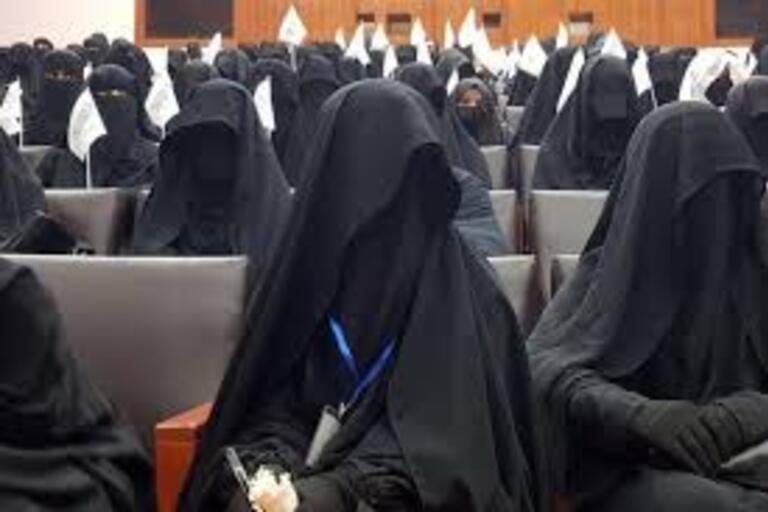France has announced that abayas, the loose-fitting full-length gowns worn by some Muslim women, will be prohibited at France’s state-run schools.
The French education Minister Gabriel Attal who announced the new rule stated that the rule will be implemented as soon as the new school year begins on September 4th.
Religious signage is strictly prohibited in state schools and government buildings in France, stating that it contravenes secular rules.
Since 2004, wearing a headscarf at state-run schools has been prohibited.
“When you walk into a classroom, you shouldn’t be able to identify the pupils’ religion just by looking at them,” Education Minister Gabriel Attal told France’s TF1 TV, adding:
“I have decided that the abaya can no longer be worn in schools.”
The decision follows months of controversy around the wearing of abayas in French schools.
The garment is increasingly being worn in schools, causing a political schism with right-wing parties campaigning for a ban and those on the left concerned about the rights of Muslim women and girls.
“Secularism means the freedom to emancipate oneself through school,” Mr. Attal told TF1, arguing the abaya is “a religious gesture, aimed at testing the resistance of the republic towards the secular sanctuary that school must constitute.”
He stated that he would issue clear national rules before schools reopened following the summer break.
In 2010, France prohibited the wearing of full-face veils in public, infuriating France’s five million-strong Muslim community.
Since the nineteenth century, France has strictly prohibited religious indications in schools, especially Christian symbols such as huge crosses, in an effort to limit Catholic influence in public education.
It has updated the rule throughout time to reflect its evolving population, which now includes the Muslim headscarf and Jewish kippa, but abayas are not overtly prohibited.
Since a Chechen immigrant beheaded teacher Samuel Paty, who had shown children caricatures of the Prophet Mohammed, near his school in a Paris neighborhood in 2020, the discussion over Islamic symbols has heated up.
Mr. Attal’s declaration is his first significant policy decision as France’s education minister, having been nominated by President Emmanuel Macron this summer at the age of 34.
The CFCM, a national organization that represents several Muslim organizations, has stated that clothing is not “a religious sign” on its own.










